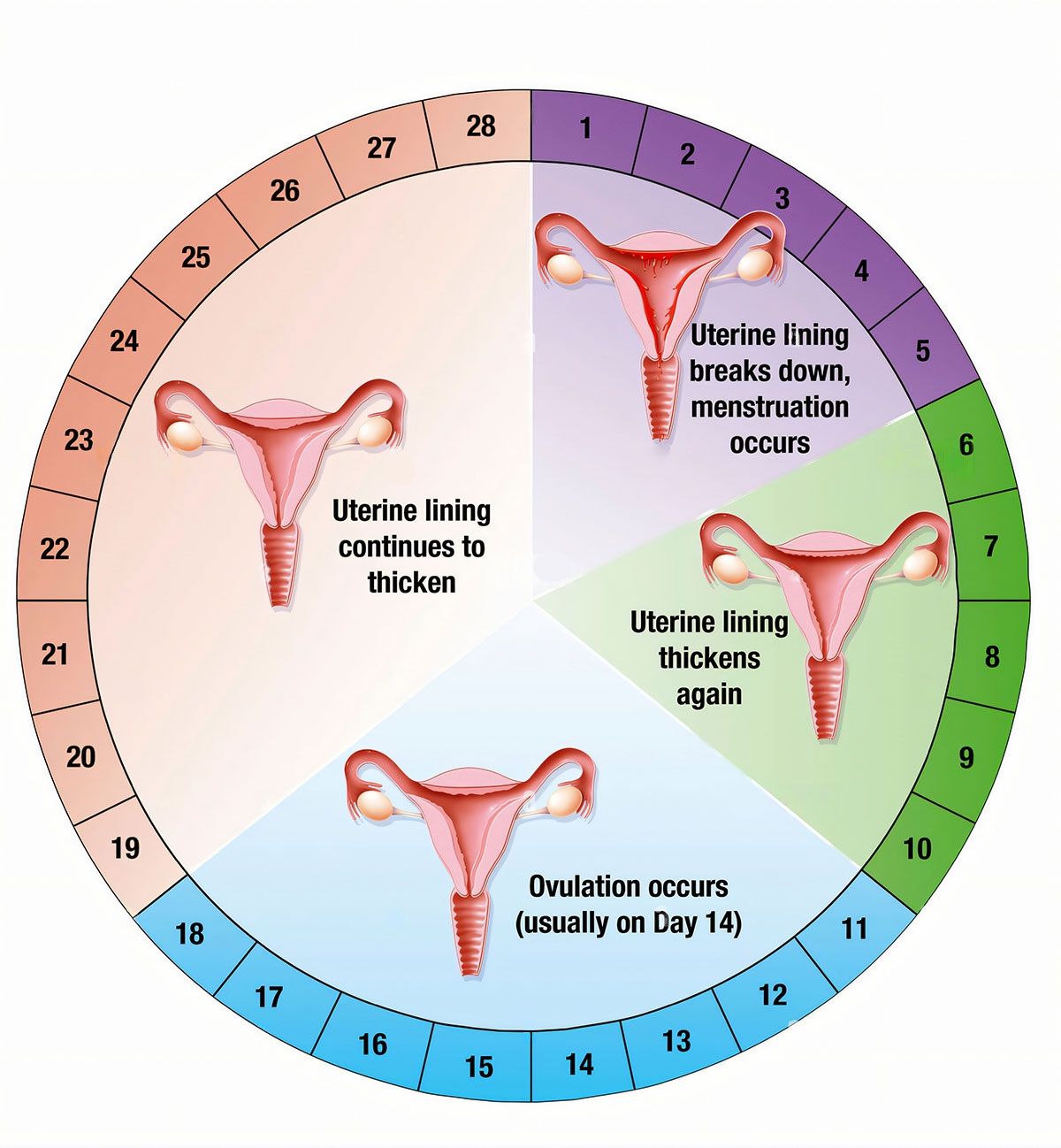Most women will, at some point, find themselves asking the question, “Why is my period late?“. It’s a common concern, and for good reason. Our menstrual cycle, when it deviates from its normal pattern, can lead us to ask, “Why is my period late?” and prompt worry about our overall health. However, it’s important to remember that a late period doesn’t always signal a health problem. There are various factors that can influence the regularity of your menstrual cycle and cause your period to be late. In this article, we will delve into these factors, helping you understand the potential reasons behind why your period might be late.

A Brief Overview of the Menstrual Cycle: Key to Understanding Why Your Period is Late
Before we explore the reasons for a late period, it’s important to have a basic understanding of the menstrual cycle. The menstrual cycle is a natural biological process that a woman’s body goes through each month in preparation for a potential pregnancy. It involves a series of hormonal changes that trigger ovulation, which is the release of an egg from one of the ovaries. If the egg isn’t fertilized by sperm, the lining of the uterus, which thickens in anticipation of a potential pregnancy, sheds through the vagina, leading to what we know as a menstrual period.

The Usual Duration of a Menstrual Cycle
A typical menstrual cycle lasts between 28 and 35 days, but it can vary from woman to woman. Some women may have shorter cycles, while others may have longer ones. It’s also normal for the length of your cycle to change from month to month. This variability is why tracking your menstrual cycle can be beneficial. By knowing what is normal for you, it’s easier to notice any significant changes, like a late period.

So, Why Is My Period Late? Exploring the Possible Reasons
Now that we have a basic understanding of the menstrual cycle let’s look at the possible reasons why your period might be late. There are several factors that can affect the regularity of your menstrual cycle:
1. Stress
Stress, whether it’s due to work, personal issues, or significant life changes, can have a substantial impact on your menstrual cycle. Stress can disrupt the hypothalamus, a part of the brain that regulates the hormones responsible for your menstrual cycle. This disruption can delay ovulation, causing your period to arrive later than usual. In cases of extreme chronic stress, it might even lead to missed or irregular periods.

2. Changes in Weight: How They Impact Your Menstrual Cycle and Make Your Period Late
Sudden or significant changes in weight can also affect your menstrual cycle. Both weight loss and weight gain can interfere with hormonal production, which can result in late or missed periods. This is a common issue among women with eating disorders, as well as those who are significantly overweight or obese.

3. Over-exercising
Physical activity is generally beneficial for overall health. However, excessive exercise can take a toll on your body, disrupting your hormone balance. Women who engage in high-intensity workouts and do not consume enough calories to support this level of activity may experience late or missed periods.






